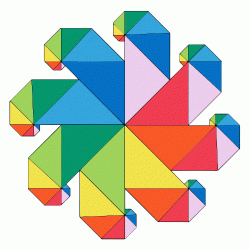What is NARM® – NeuroAffective Relational Model?
The NeuroAffective Relational Model(NARM) is a therapeutic methodology specifically designed to support work with developmental trauma. NARM is based on an understanding of survival styles, the specific strategies that developmental trauma survivors adopted as infants and children to survive in difficult or impossible circumstances and to maintain attachment despite the challenges in the relationships with caregivers in the child’s life.
The theory behind the NARM model is explained in the very readable book Healing Developmental Trauma: How Early Trauma Affects Self-Regulation, Self-Image, and the Capacity for Relationship by Laurence Heller, Ph.D. and Aline LaPierre, Psy.D.
You can visit the NARM Training website here.
NARM and Rosalie’s somatic coaching practice
I have completed the first level of the NARM training and have met practice and consultation criteria to earn a certificate as a NARM-informed practitioner. Higher levels of NARM training are available only to licensed mental health professionals.
One key focus in NARM is always being clear about the client’s goals, both overall and for the individual session, which is a practice that I learned in my coaching training and that is quite a standard focus for coaching, but has not necessarily been a key priority in traditional psychotherapeutic approaches.
While NARM is explicitly designed to be used for clients with developmental trauma, it may not be the best fit for clients who are working with trauma that is pre-verbal and where there is significant material that cannot be cognitively expressed.
My somatic coaching is informed by NARM, and I use the NARM principles and interventions with clients and in sessions where they are a good fit.

